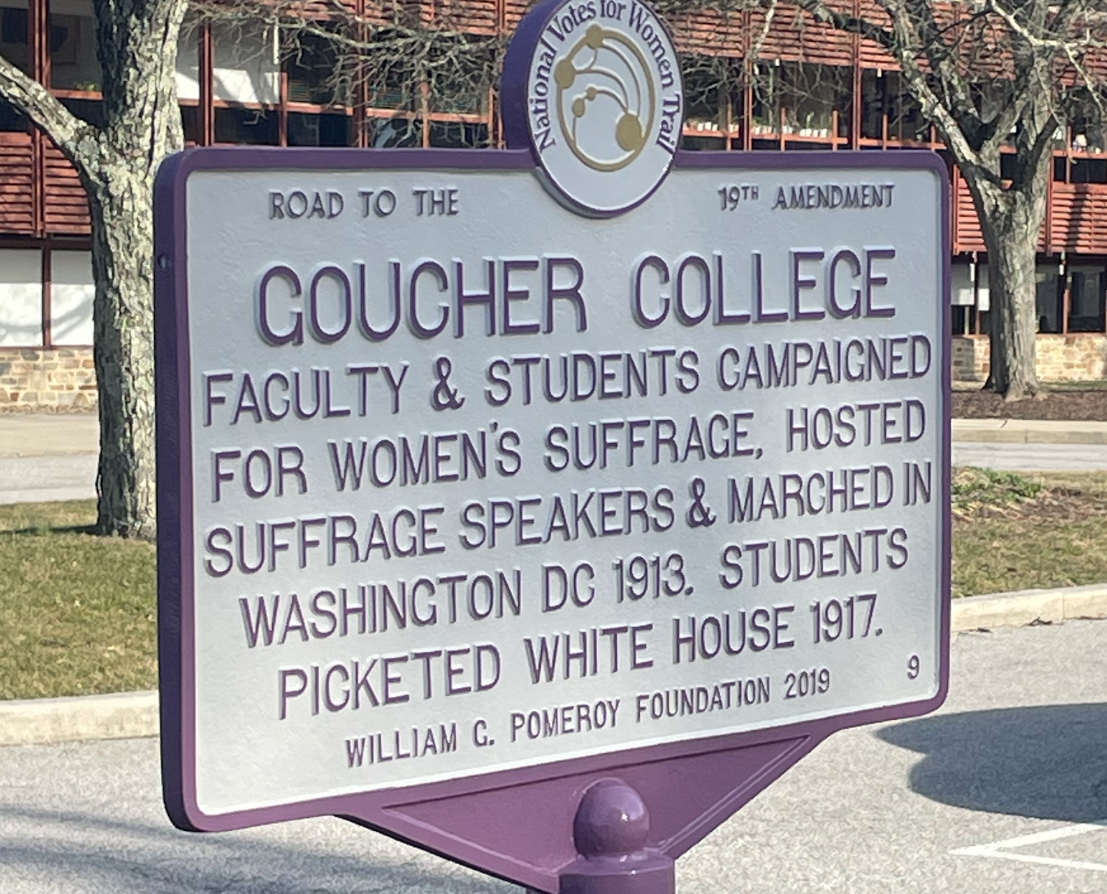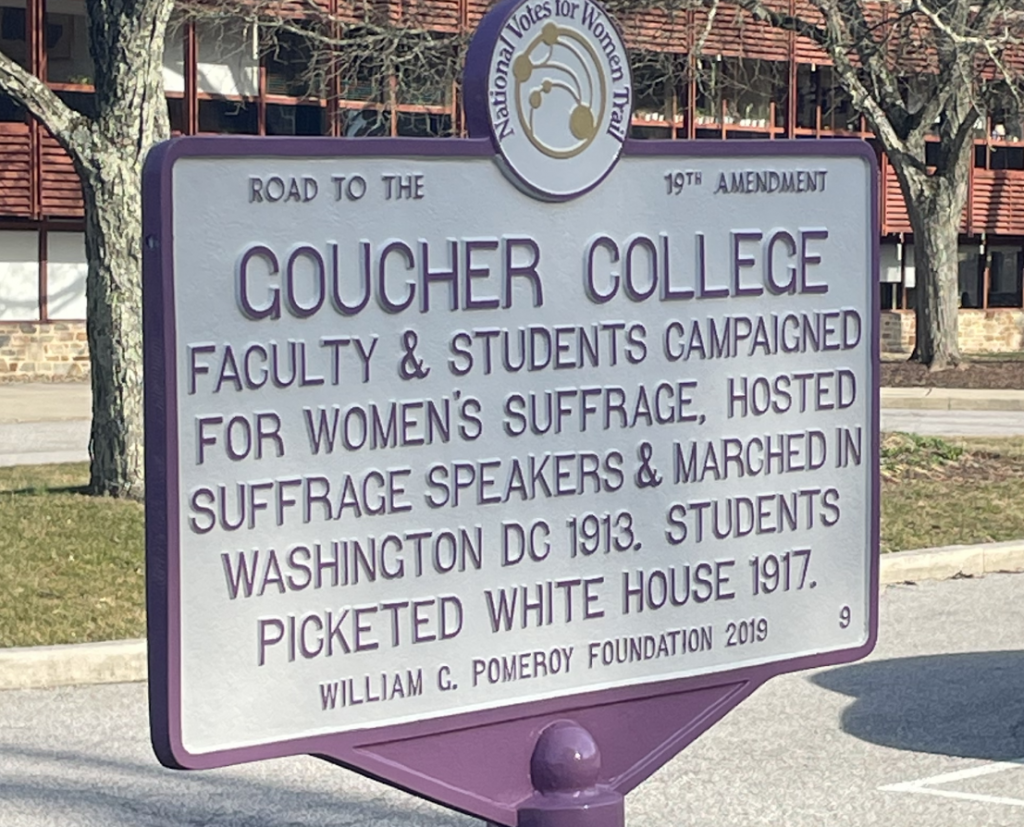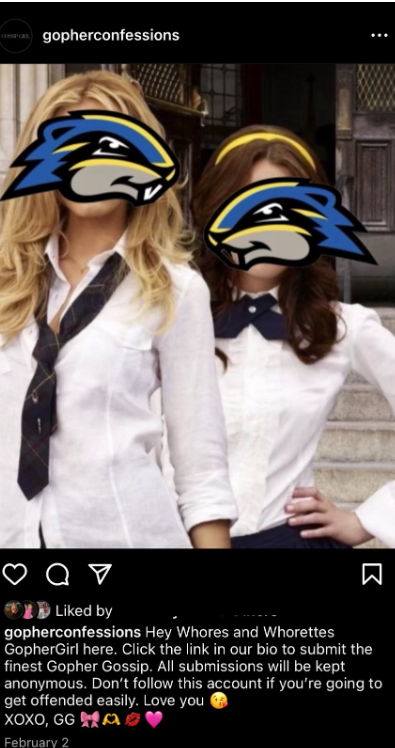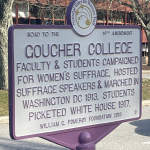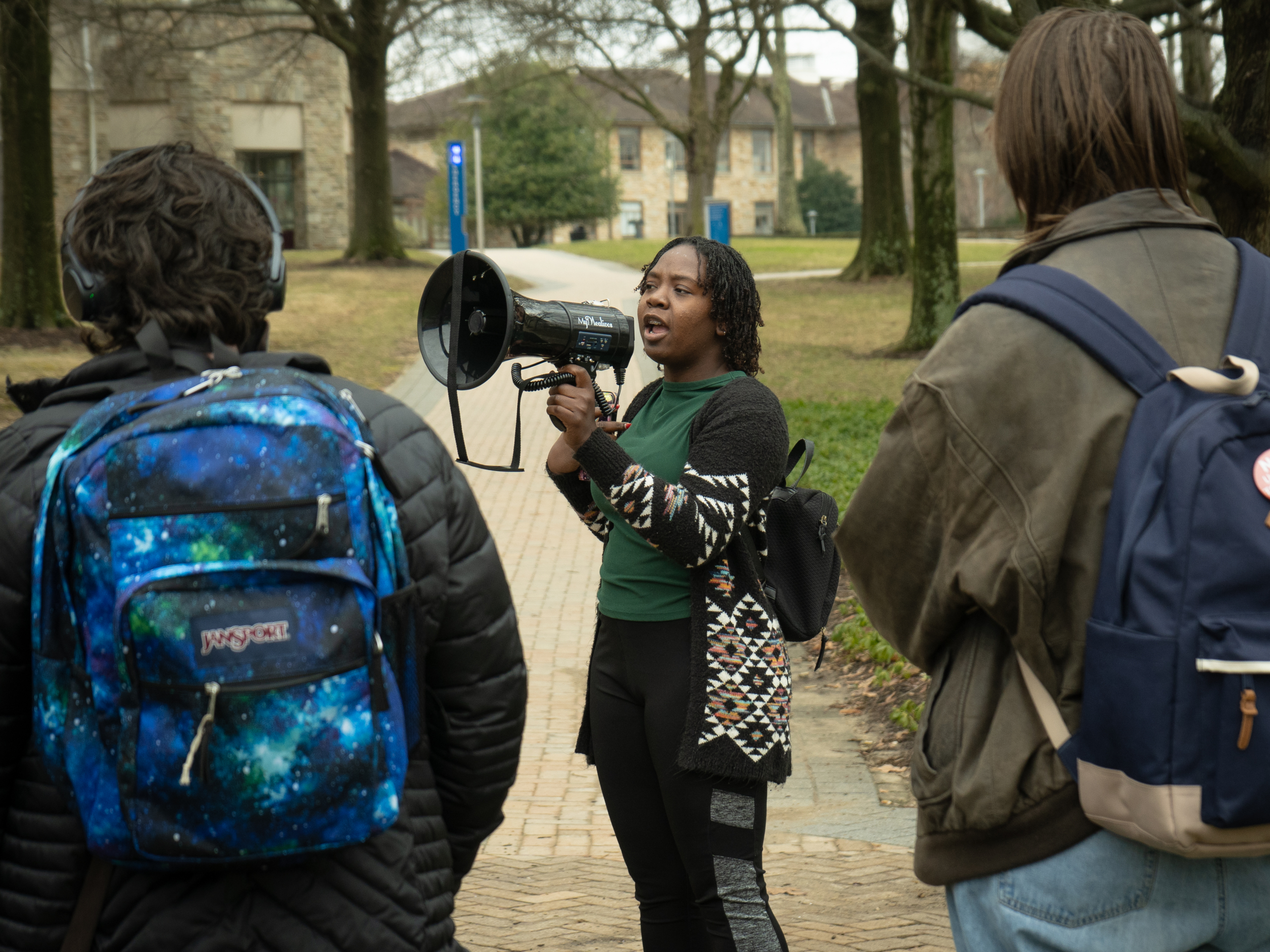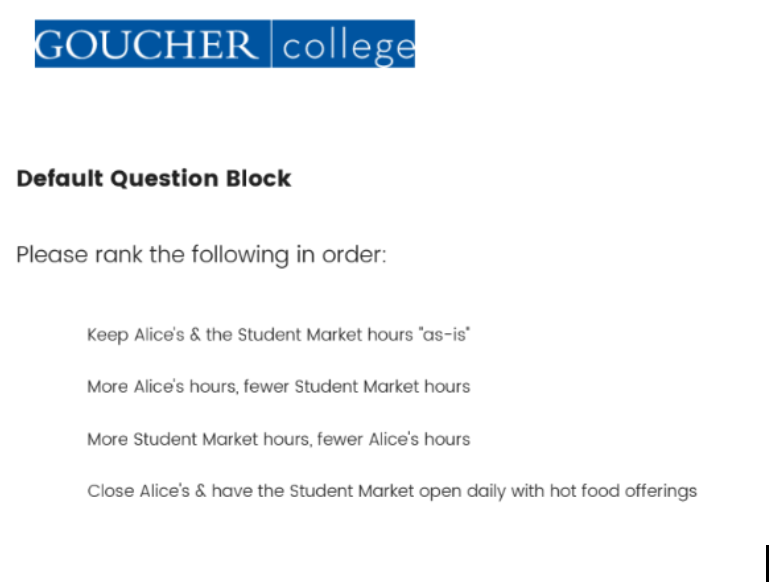Banned Buddy-Swipes: Buffoonery


Early this semester, a sign was placed in Mary Fisher Dining Hall and in the Student Market alerting students that meal swipes are meant only to be used for the student who is swiping. This meant that swiping a meal for someone else, like buying a meal for your friend, which was commonly called buddy swiping, was not allowed anymore. It’s not entirely correct to say it was not allowed anymore, it was never technically allowed but it was never enforced. Due to the nature of our contract with Bon Appetit, and our Housing and Dining Policy, this change could last for several years.
In an email to members of our administration regarding this, I stated the following:
“I think this is ridiculous. Students pay for their meals and get a certain number of swipes to do whatever they please with. This is why it’s okay for me to use a meal swipe to go up to the dining hall and just get a cup of coffee or even nothing at all just to chat with friends. If a student decides they want to use their own meal swipe to swipe for another student, that is their own decision, we are adults! We pay for our meal swipes and should be allowed to use them as we see fit. Furthermore, this allows students to help other students if they get themselves in a pickle. Allowing students to use our meal swipes to help another student in need strengthens our community and helps everyone feel like we actually care about one another on this campus. Prohibiting this seems just the opposite.”
In response, members of administration informed me that we would not be able to change this until next year or possibly several years, expertly sidestepping my remarks about how this damages our community on campus, An email from President Kent Deveraux in response said that “The contract with Bon Appetit is a long-term, multi-year engagement that was negotiated prior to my arrival and is not up for renewal for years.”
Further in that same email from President Deveraux, he states that this recent enforcement stems from “several incidents we had last year where some students who had purchased unlimited meal plans abused those plans by using them to swipe in other students as well. That’s like going to an ‘all you can eat buffet’ — a uniquely ‘only in America’ concept I might add — and paying one price for one person and then having all your friends eat for free. That clearly is, to use Jimy’s characterization, ridiculous.”
An obvious solution would be to not allow people with unlimited meal swipes to swipe for other people. But this would be difficult as our current system apparently can not tell if someone has an unlimited meal plan or not, according to David Friedlich, the General Manager from Bon Appetit.
Another solution is to have built in buddy swipes in our meal plans, which President Deveaux also addressed in the email, with an odd stipulation, “Of course, nothing prevents us from doing what some colleges have done and negotiating with Bon Appetit to see if we can incorporate a set number of guest passes (say 5 or 6) into every meal plan that students can use to treat friends or family members, not students, who may be visiting.” Why would we not be able to use these guest swipes on fellow students? That seems to be counterintuitive to our community principles, which state that “We, the students, staff, and faculty of the Goucher community, support one another even as we recognize our differences.”
Not allowing us to support one another in such a simple way, telling your friend ‘this one’s on me’, is yet another way Goucher fails to support community building on campus.
By Jimy Kuhn ’27







